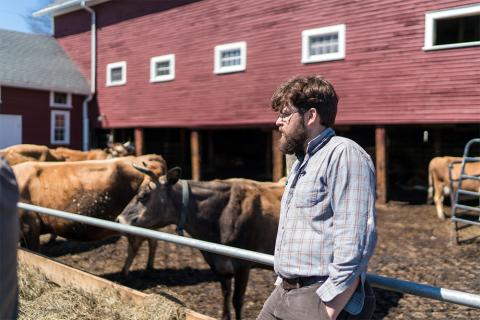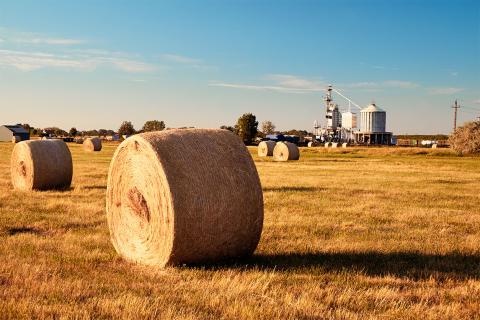USDA to invest $300 million, supporting farmers and producers to transition to organic production
Secretary of Agriculture Tom Vilsack recently announced the USDA’s plan to invest $300 million to help build and improve markets and income opportunities for farmers and producers interested in growing and selling organic-certified produce. The primary goals of this investment plan are to:
- Develop an Organic Transition Initiative program that can offer technical assistance, personal mentoring, conservation financial assistance and crop insurance assistance.
- Deliver support to market-specific developing projects.
- Increase usage of USDA organic assistance programs that have already been established.
According to the USDA, the number of farms transitioning to organic production has dropped by 71 percent since 2008. This new investment plan will assist struggling farmers through the transition to become a profitable, self-run, organic-certified farm.
New Hampshire Agricultural Experiment Station (NHAES) researcher Analena Bruce studies the various ways that farm operators earn revenue and remain profitable. Bruce and her colleagues have interviewed farmers with small- and mid-sized New England farms to learn how they keep production going despite all the obstacles. What they’ve learned is that New England's small- and mid-sized farms often depend on agritourism; off-farm-income; mutual aid; inheritance; and federal, state, and private grants and loans to keep their operations going, and many of them market directly to consumers.

A photo of a small dairy farmer in New England
“For smaller, diversified operations that market their products directly to consumers, going through the process of becoming certified organic doesn’t make as much sense because they have relationships with the people buying their products and can communicate information about their practices directly.”
“For smaller, diversified operations that market their products directly to consumers, going through the process of becoming certified organic doesn’t make as much sense because they have relationships with the people buying their products and can communicate information about their practices directly,” said Bruce. “It’s more relevant to grain and dairy farms that don’t sell directly to consumers.”
Bruce is the lead author of an article recently published in Land Use Policy in which she and researchers from Indiana University and Purdue University explore the opportunities and barriers to producing certified organic grain on rented farmland in Indiana. In their research, they found that land-use agreements can make adopting organic certification on rented land in the Midwest difficult and that competition for rented land and norms around the appearance of crops can constrain the adoption of conservation farming practices.

According to the article, “Organic certification provides an opportunity for crop farmers to improve their viability and reduce the environmental impacts of commodity grain production, yet farmers have only transitioned to organic certification on less than five percent of US farmland. We focus on land tenure as a barrier to wider adoption of organic certification in the Midwest state of Indiana, where 50% of farmland is rented.”
“We found significant differences in land tenure arrangements for farmers transitioning to organic systems or who have certified all their land organic compared to farmers using conventional practices, including the ratio of land owned compared to rented, the number of landlords farmers work with, and the average length of lease agreements,” described Bruce. “In the article, we show how the dynamics of land tenure arrangements and relationships in Indiana shape management decisions for grain farmers.”
You can learn more about the research of assistant professor Analena Bruce on her Food Systems Lab at UNH website.